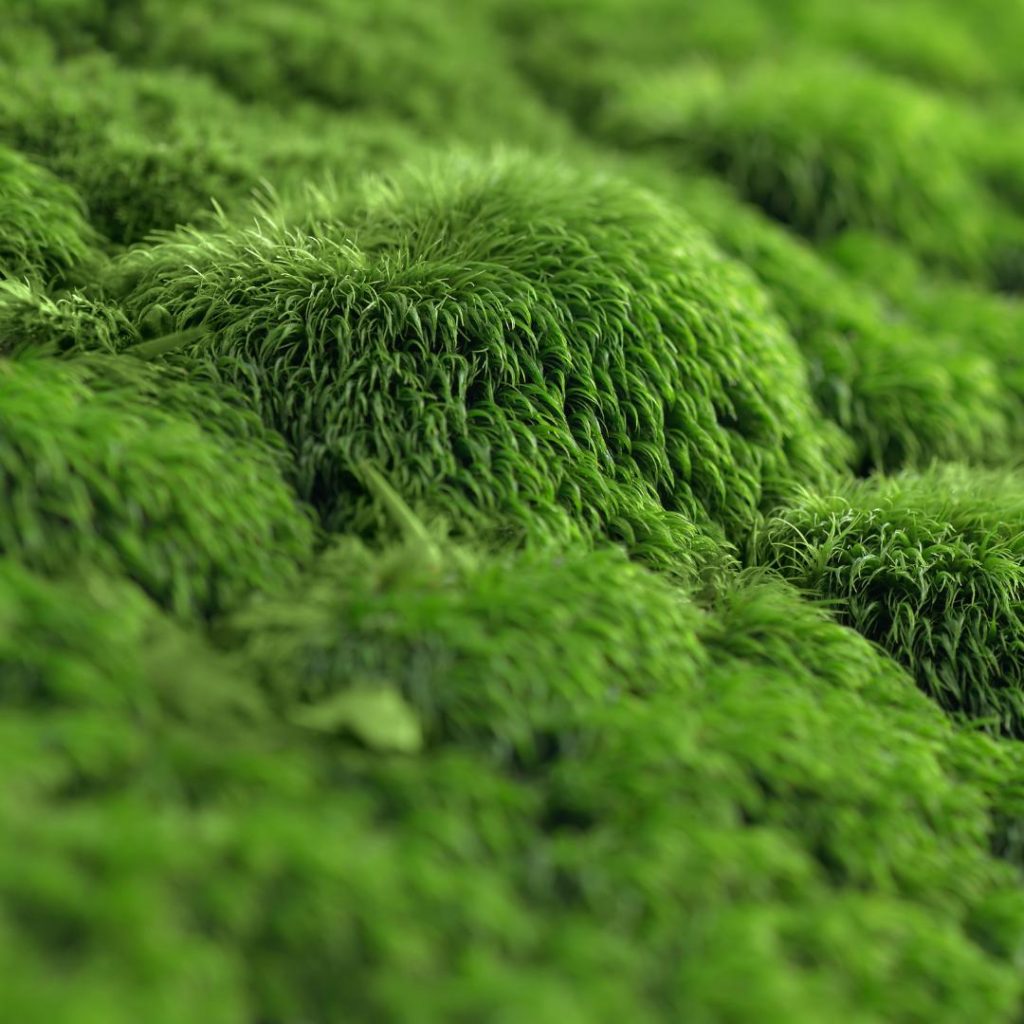Heat islands in the city - a Berlin company offers an amazing solution

The effect of 81 trees on 9m2, a cooling effect of up to 4oC, a reduction in particulate matter of 82% and aCO2 saving of 342 kg per year - that sounds good. The Berlin-based company Green City Solutions has been working on this interesting project since 2016.
In Europe, 253,000 people die prematurely every year as a result of polluted air; according to the WHO, this figure is over 8,000,000 worldwide. Particulate matter affects the human body in various ways. On the one hand, of course, there are respiratory diseases, but also cardiovascular diseases, dementia, skin diseases and various types of cancer, which are promoted by constantly breathing in polluted air.
To counteract this, Green City Solutions developed the moss filter.
How does it work?
A filter system consisting of special moss cultures, known as moss modules, purifies the air. Specifically, air is first drawn in using fans, then filtered through the mosses, cooled and then released again via an ecological shading design.
An integrated sensor system regulates the supply of the mosses and measures all the necessary data in real time.
Why moss?
Moss is one of the oldest and most adaptable land plants. Among the 20,000 species worldwide, representatives of its kind exist on mountain tops and even in deserts. What makes them particularly suitable for filtering is that they have no conducting tissue (no roots) and feed entirely on the surrounding air. In addition, the delicate-looking little plants have an enormous surface area (30 times larger than a smooth surface).
The absorption capacity of the fine leaflets is very high, where they are also negatively charged and thus attract the mostly positively charged dust particles like a microfiber cloth. These are bound and then metabolized.
Where is the moss filter used?
The moss filter can be used both indoors and outdoors - wherever air quality and coolness need to be improved.






